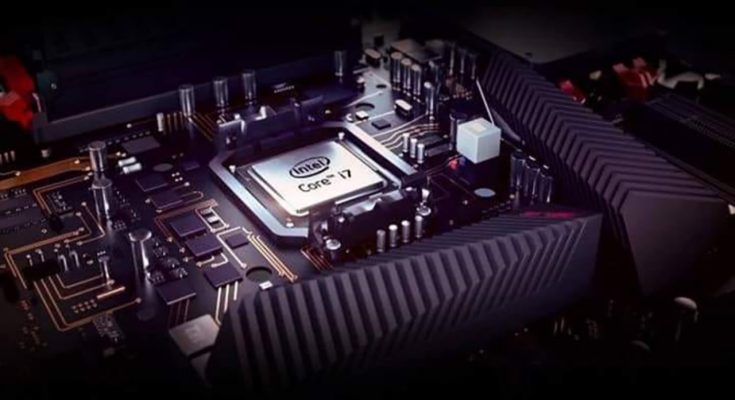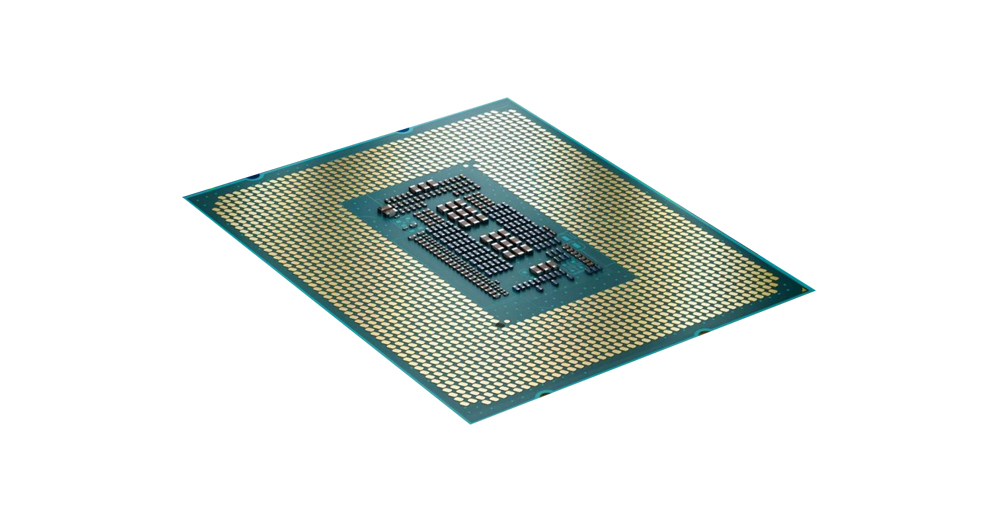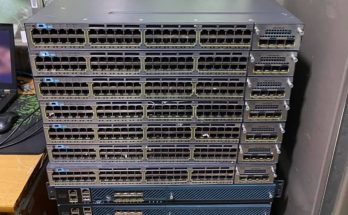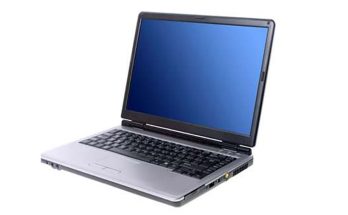When buying a laptop, one of the most critical decisions you’ll face is choosing the right processor. The processor, often referred to as the CPU (Central Processing Unit), is the brain of your laptop. It determines how efficiently your laptop can handle tasks, from basic web browsing to complex video editing. With a wide range of processors available, making the right choice can feel overwhelming. This guide breaks down the essentials to help you pick the best processor for your needs.
Why the Processor Matters
The processor impacts your laptop’s performance in several key ways:
- Speed and Responsiveness: A powerful processor ensures faster performance, allowing you to multitask and run demanding applications smoothly.
- Energy Efficiency: Modern processors are designed to balance performance with power consumption, which directly affects battery life.
- Compatibility: Certain processors work better with specific applications, operating systems, or hardware configurations.
Understanding your needs and aligning them with the right processor can save you time, money, and frustration.
Key Processor Features to Consider
Before diving into specific models, it’s important to understand the main features that differentiate processors:
1. Number of Cores
Processors come with multiple cores, which are individual processing units within the CPU. More cores mean better multitasking and improved performance for applications that utilize parallel processing.
- Dual-Core: Suitable for basic tasks like web browsing, emailing, and document editing.
- Quad-Core: Ideal for moderate multitasking, photo editing, and light gaming.
- Hexa-Core and Above: Recommended for intensive tasks such as video editing, 3D rendering, and gaming.
2. Clock Speed (GHz)
Clock speed indicates how quickly a processor can execute instructions. Measured in gigahertz (GHz), higher clock speeds generally mean faster performance. However, clock speed alone isn’t the sole indicator of performance; it works in conjunction with the number of cores.
3. Cache Size
The cache is a small amount of memory inside the processor that stores frequently used data for quick access. Larger cache sizes improve overall speed and efficiency.
4. Threads and Hyper-Threading
Threads are virtual cores that allow the processor to handle more tasks simultaneously. Hyper-threading technology, available in some Intel processors, doubles the number of threads per core for enhanced multitasking.
5. Power Consumption (TDP)
Thermal Design Power (TDP) measures how much power the processor consumes and the heat it generates. Lower TDP processors are more energy-efficient, making them ideal for ultrabooks and laptops with extended battery life.
6. Integrated Graphics
Many processors come with integrated graphics that handle basic visual tasks without the need for a dedicated GPU. If you’re not a gamer or video editor, integrated graphics can be sufficient.
Intel vs. AMD: The Processor Battle
When choosing a laptop processor, you’ll likely encounter two major brands: Intel and AMD. Both offer a range of options tailored to different needs.
Intel Processors
Intel’s processors are categorized into families, each designed for specific use cases:
- Intel Core i3: Entry-level processors suitable for basic tasks and budget-friendly laptops.
- Intel Core i5: Mid-range processors ideal for general users who need a balance of performance and cost.
- Intel Core i7: High-performance processors for multitasking, gaming, and content creation.
- Intel Core i9: Premium processors for professionals requiring maximum power for demanding workloads.
- Intel Evo Platform: Laptops with Evo certification offer optimized performance, long battery life, and premium features like Thunderbolt connectivity.
AMD Processors
AMD has gained significant popularity with its Ryzen series, known for excellent performance at competitive prices:
- AMD Ryzen 3: Comparable to Intel Core i3, ideal for basic computing needs.
- AMD Ryzen 5: Equivalent to Intel Core i5, perfect for general use and moderate multitasking.
- AMD Ryzen 7: Competes with Intel Core i7, delivering high performance for gamers and creators.
- AMD Ryzen 9: Matches Intel Core i9, built for professionals handling resource-intensive tasks.
- AMD Advantage Laptops: These devices combine Ryzen CPUs with Radeon GPUs for enhanced gaming and creative performance.
Choosing the Right Processor Based on Your Needs
Your choice of processor should align with how you plan to use your laptop. Here are some common scenarios:
1. Basic Tasks (Web Browsing, Email, Office Applications)
For everyday computing, you don’t need a high-end processor. Look for:
- Intel Core i3 or AMD Ryzen 3
- Dual-core or low TDP processors for better energy efficiency
2. Students and General Users
If you’re a student or a casual user who multitasks between browser tabs, documents, and streaming, consider:
- Intel Core i5 or AMD Ryzen 5
- Quad-core processors with integrated graphics
3. Content Creators (Photo/Video Editing, Design Work)
Content creation requires a processor that can handle demanding software like Adobe Photoshop or Premiere Pro. Opt for:
- Intel Core i7 or AMD Ryzen 7
- Hexa-core or octa-core processors with high clock speeds
4. Gamers
For gaming, prioritize processors with high performance and support for dedicated GPUs. Look for:
- Intel Core i7/i9 or AMD Ryzen 7/9
- Processors with higher threads and integrated or dedicated graphics
5. Professionals (Programming, 3D Rendering, Heavy Multitasking)
Professionals using tools like AutoCAD, MATLAB, or Virtual Machines will benefit from:
- Intel Core i9 or AMD Ryzen 9
- Processors with high cache sizes and hyper-threading
Future-Proofing Your Laptop
When choosing a processor, think beyond your immediate needs. Technology evolves rapidly, so investing in a slightly more powerful processor can extend the lifespan of your laptop. Here are some tips for future-proofing:
- Opt for More Cores and Threads: Software developers increasingly design applications to take advantage of multi-core processors.
- Prioritize Newer Generations: Newer processor generations offer better performance and efficiency.
- Consider Upgradability: Some laptops allow you to upgrade components like RAM, but the processor is typically non-upgradable, so choose wisely.
How to Compare Processors
Comparing processors can be tricky, but here are a few resources and tips:
- Check Benchmarks: Websites like PassMark, Geekbench, and Cinebench provide performance benchmarks for different processors.
- Read Reviews: User reviews and expert opinions can offer insights into real-world performance.
- Use Manufacturer Tools: Both Intel and AMD have comparison tools on their websites to help you evaluate processors.
Final Thoughts
Choosing the right processor for your laptop doesn’t have to be daunting. Start by understanding your needs and learning about the key features that impact performance. Whether you’re a casual user, a gamer, or a professional, there’s a processor out there that’s perfect for your workload. By making an informed decision, you can ensure your laptop delivers the speed, efficiency, and reliability you need for years to come.





